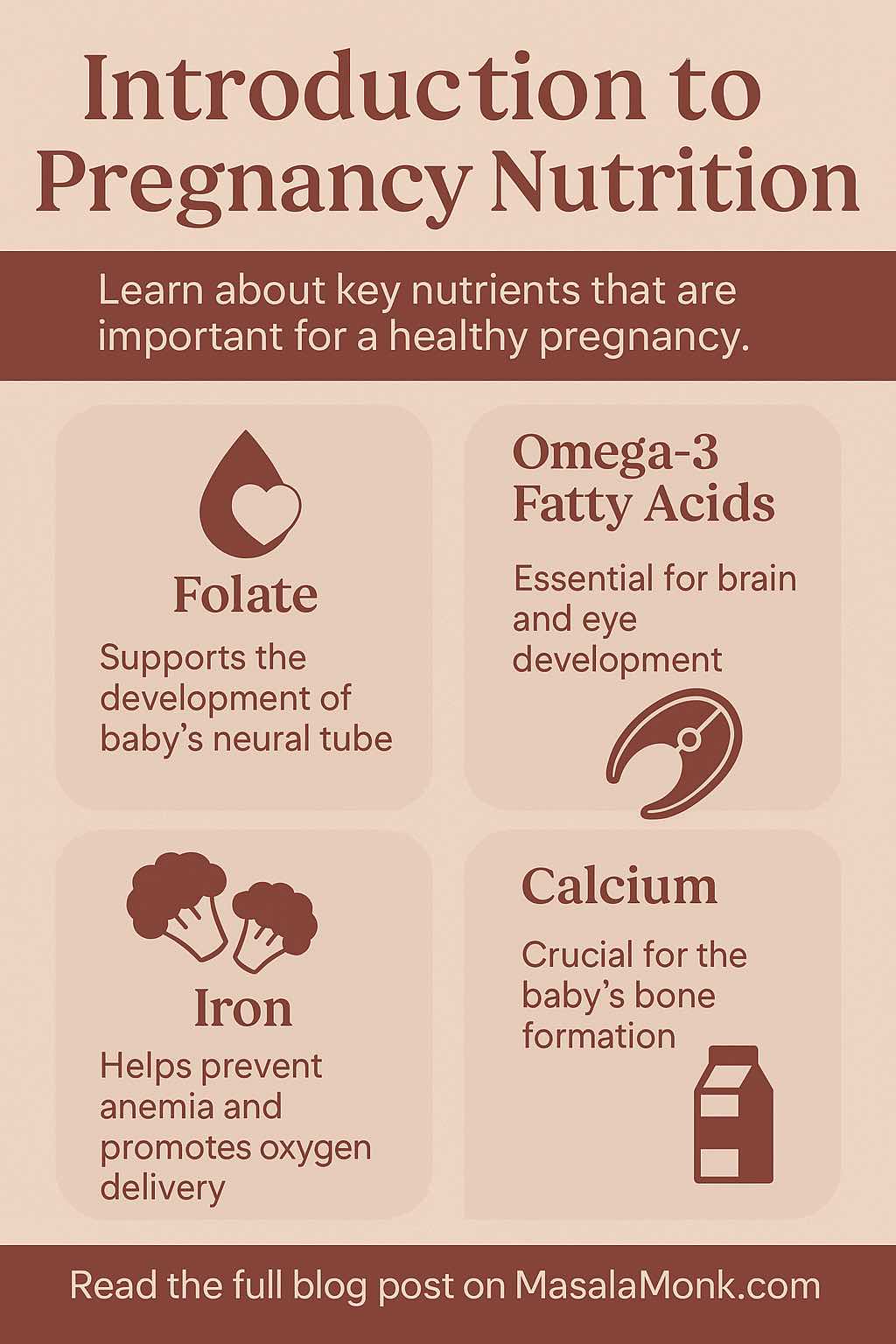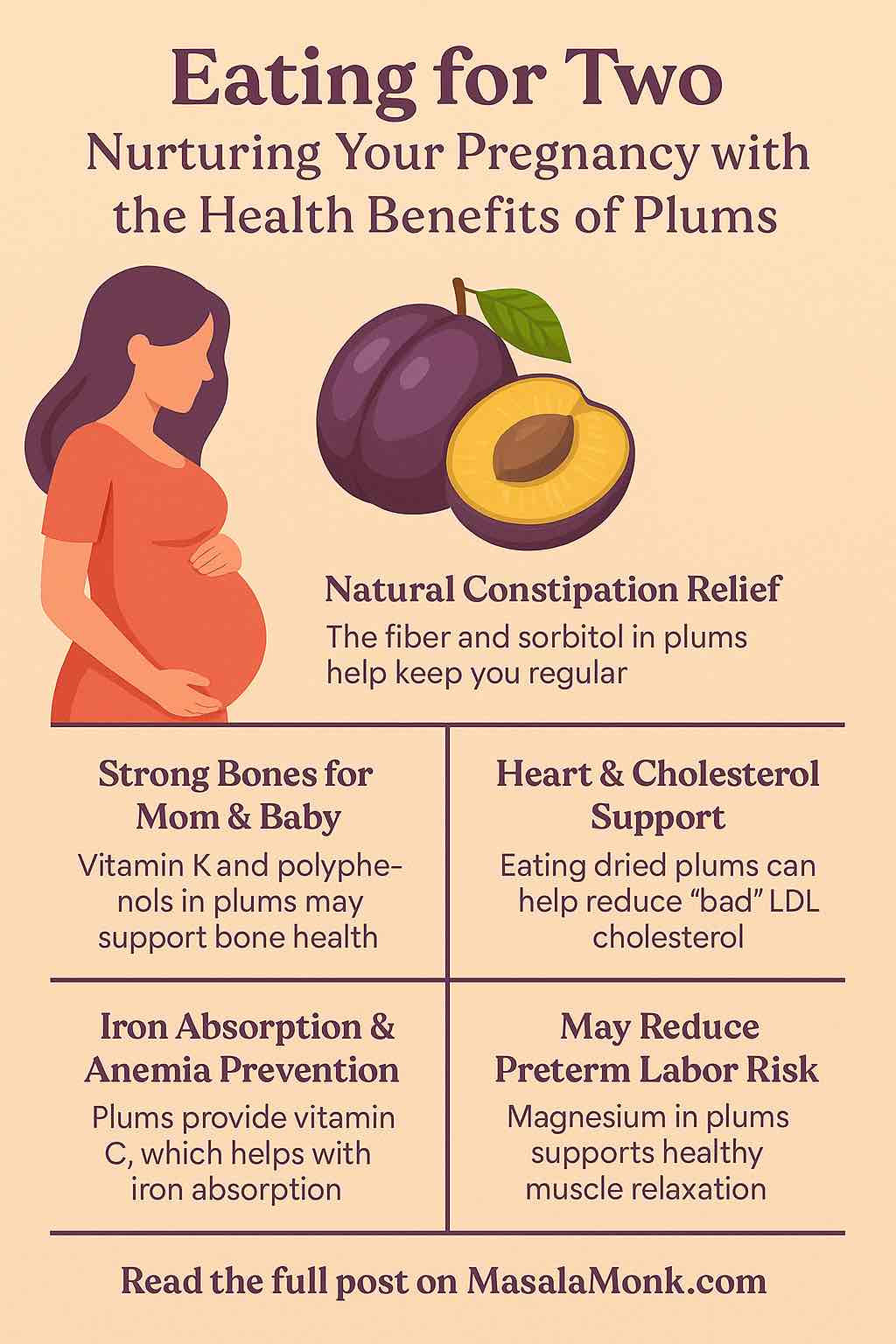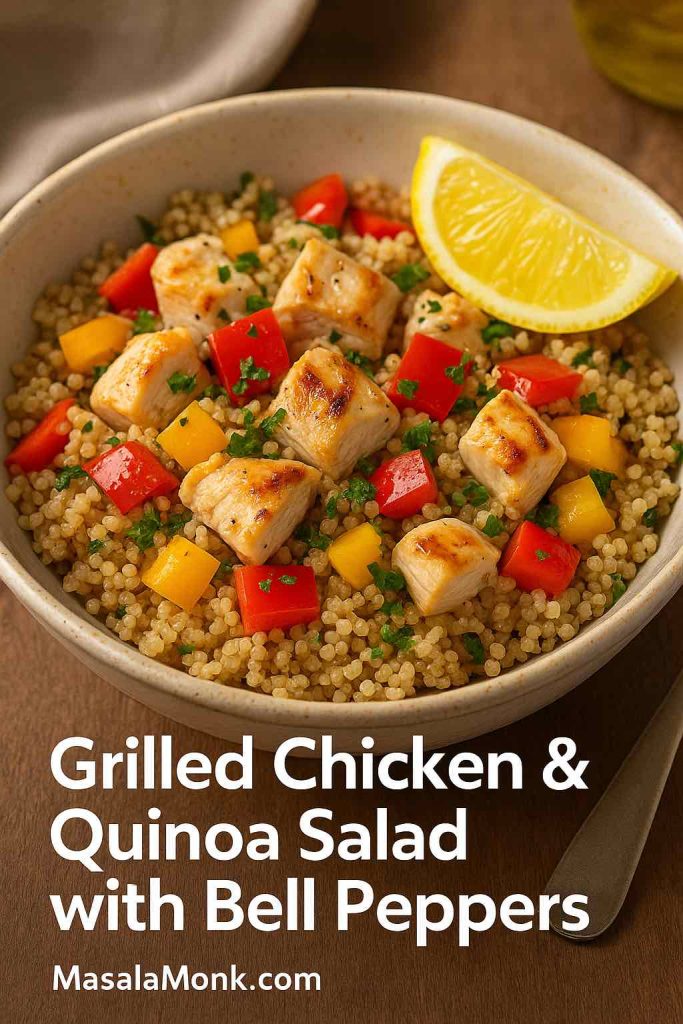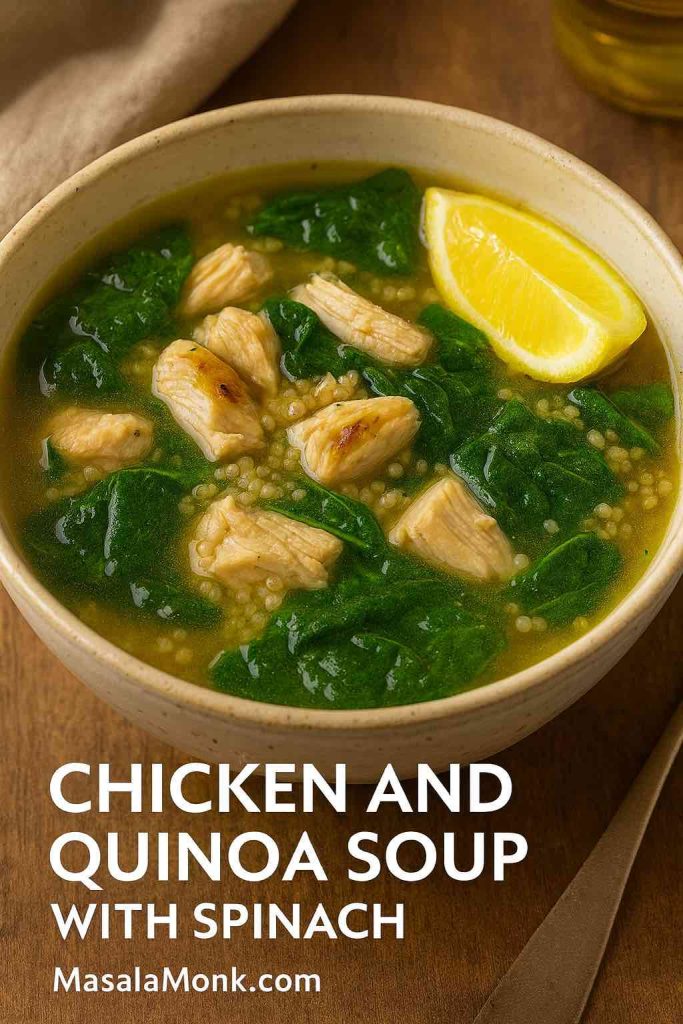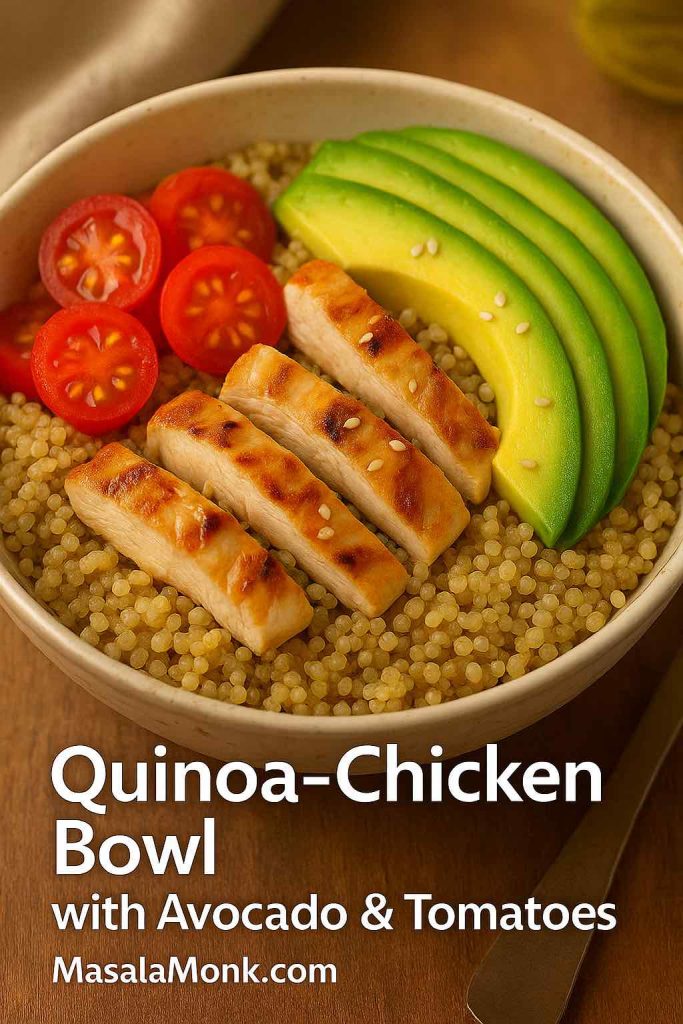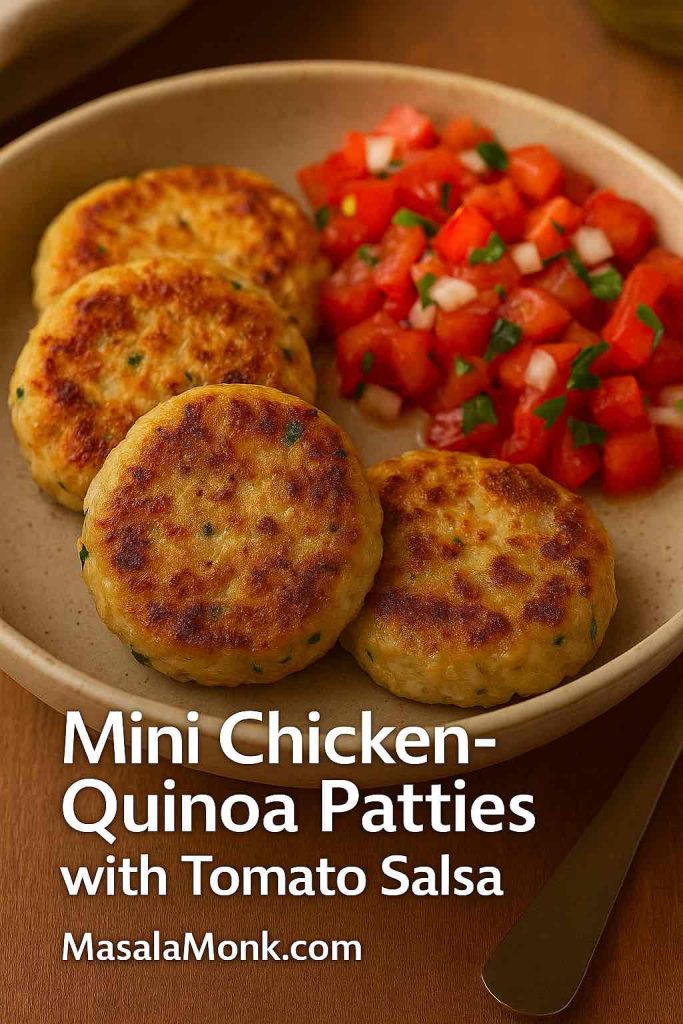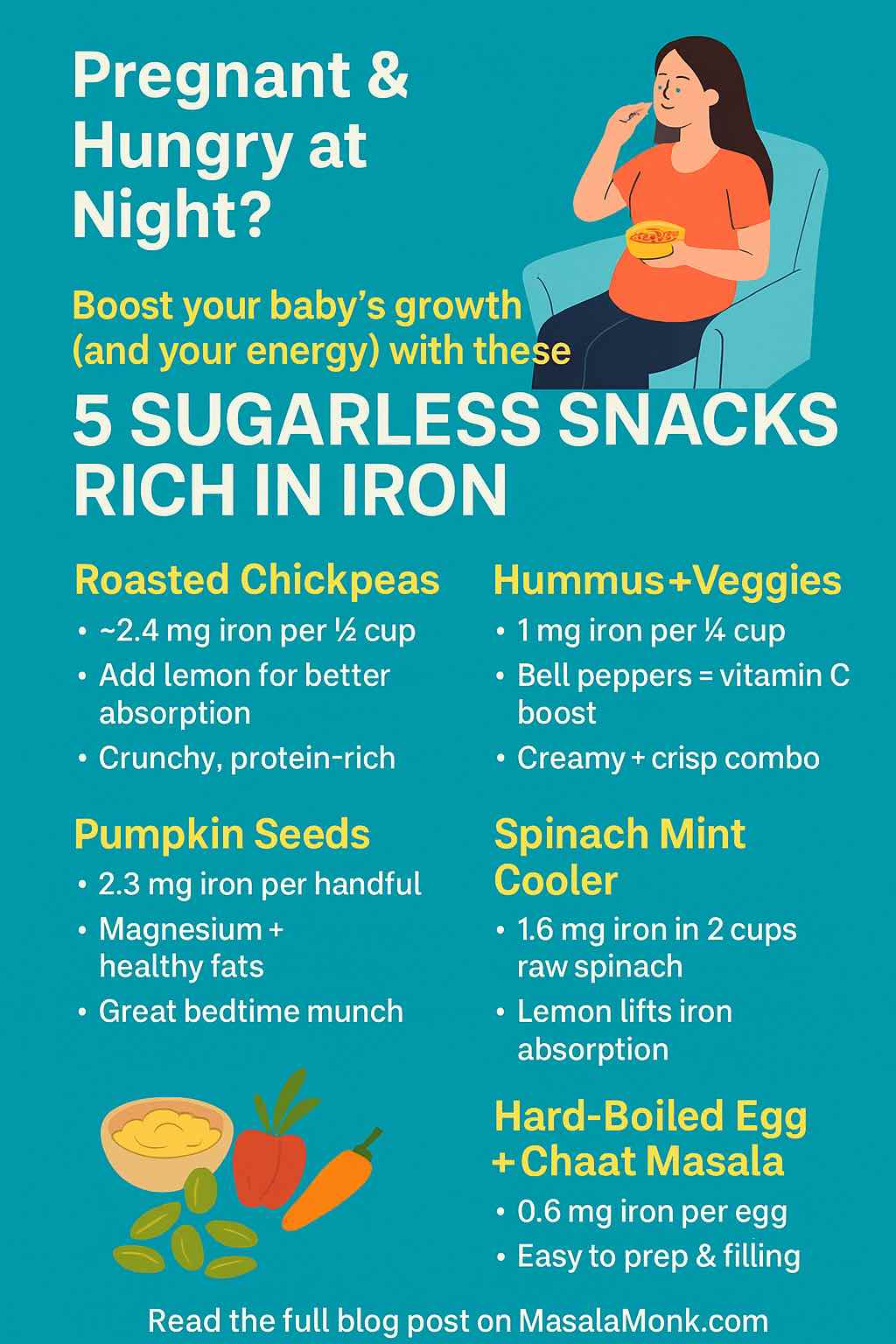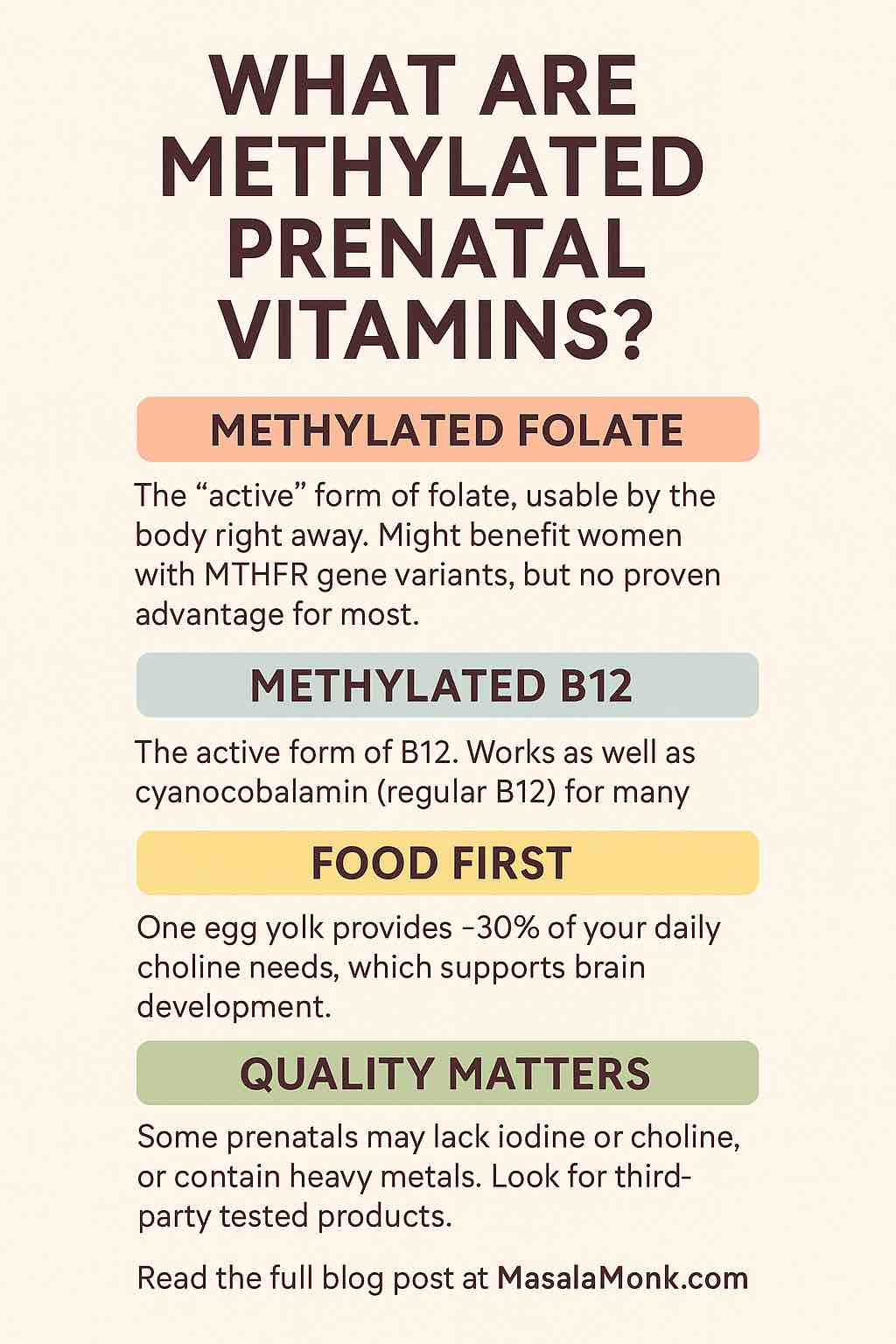
A Guide to Understanding, Choosing, and Using Them Wisely
Choosing a prenatal vitamin should be simple, but if you’ve been down the supplement aisle lately, you know it’s anything but. Among the folic acid, DHA, and choline labels, you might spot a phrase you’re less familiar with: “methylated prenatal vitamins”.
So what does methylated mean, and do you actually need it? Let’s break it down in plain language.
Methylated Folate: The “Ready-to-Use” Form of Vitamin B9
Folate (Vitamin B9) is essential in pregnancy because it helps prevent neural tube defects and supports rapid cell division. Most prenatal vitamins use folic acid, a synthetic form that your body converts into the active form — methylfolate (also called 5-MTHF) — before it can be used.
For most people, this conversion works perfectly well. But up to a third of the population has a variation in the MTHFR gene that can make this conversion less efficient. That’s where methylated folate comes in — it’s already in its active form, ready for your body to use without extra steps.
If you’re focusing on folate-rich foods, you can also boost your intake naturally. Our folate-rich salads with kale, quinoa, and beets and top lentil and bean dishes for pregnancy are delicious ways to do just that.
Methylated B12: The Active Form of Vitamin B12
Vitamin B12 is crucial for your baby’s brain development and red blood cell formation. In supplements, you’ll often see it as cyanocobalamin, which your body converts into methylcobalamin (its active form).
For most people, this conversion is no problem. But if you have certain absorption issues or specific genetic differences, methylcobalamin may be more easily utilized.
Seafood like shrimp can also be a great natural source of B12, protein, choline, and omega-3s — all in one.
Do You Need Methylated Vitamins?
If you have an MTHFR variant, methylated vitamins might be helpful because they bypass the conversion step. But here’s what’s important:
- Not everyone with the variant has problems converting folic acid.
- For the general population, studies haven’t shown methylated forms to be more effective than traditional folic acid or cyanocobalamin.
- Methylated forms tend to cost more and can be less stable than their standard counterparts.
The best first step? Talk to your healthcare provider about whether genetic testing or blood work makes sense for you.
Why Supplement Quality Matters More Than the Form
Regardless of whether you choose methylated or standard vitamins, the quality of your prenatal is critical. A 2024–2025 investigation found that some prenatal vitamins had too little iodine or choline — and in some cases contained heavy metals like lead, arsenic, and cadmium.
That’s why it’s worth reading labels carefully, looking for third-party testing, and choosing a prenatal that covers all your bases:
- Adequate folate (methylated or folic acid)
- B12 (methylcobalamin or cyanocobalamin)
- Iodine
- Choline
- Omega-3s (DHA/EPA)
Our first trimester nutrition guide can help you understand where your diet shines and where supplements might need to fill the gaps.
Food Still Comes First
Even the best prenatal vitamin can’t replace a balanced, nutrient-rich diet. Eggs are an excellent natural source of choline — just one yolk gives you about a third of your daily needs. For easy, nutrient-packed snacking, try our iron-rich chicken and quinoa snack combos or vitamin-boosting berry and coconut milk smoothies.
Bottom Line
Methylated prenatal vitamins aren’t magic — but they can be the right choice for certain women, especially those with specific genetic or absorption issues. What matters most is finding a prenatal that’s clean, complete, and suited to your needs, while keeping your plate full of nutrient-rich foods.
If you’re curious about tailoring your prenatal nutrition, explore our pregnancy nutrition hub for more tips, recipes, and expert-backed guidance.
FAQs: Methylated Prenatal Vitamins
1. What are methylated prenatal vitamins?
They are prenatal supplements that contain nutrients like folate (B9) and vitamin B12 in their active methylated forms—methylfolate and methylcobalamin—so your body can use them directly.
2. How is methylfolate different from folic acid?
Folic acid is a synthetic form of B9 that your body must convert into methylfolate before use. Methylfolate is already active, bypassing the conversion step.
3. Who might benefit from methylated vitamins?
Women with certain genetic variations in the MTHFR gene may process folic acid less efficiently. Methylated forms can help ensure they get usable folate.
4. Is methylcobalamin better than regular B12?
Methylcobalamin is the active form of vitamin B12, but most people can efficiently convert cyanocobalamin (regular B12) into this active form.
5. Are methylated vitamins necessary for everyone?
No. For most healthy women, standard forms like folic acid and cyanocobalamin work just as well as methylated forms.
6. Are methylated prenatal vitamins more expensive?
Yes. They typically cost more and may be less shelf-stable than standard versions, so weigh the benefits against your individual needs.
7. What nutrients should all prenatal vitamins have?
Key nutrients include folate, B12, iodine, choline, and omega-3s (DHA/EPA). Some quality prenatals also add iron, vitamin D, and calcium.
8. How do I know if I need methylated vitamins?
Talk to your healthcare provider. They may recommend genetic testing, blood work, or dietary review to guide your choice.
9. Are all prenatal vitamins safe?
Not necessarily. Some have been found to contain heavy metals or lack key nutrients. Choose third-party tested brands for safety and accuracy.
10. Can I get enough folate and B12 from food alone?
Possibly, but pregnancy increases your needs. Foods like leafy greens, beans, eggs, meat, and fish can help, but a prenatal vitamin ensures you meet daily requirements.

